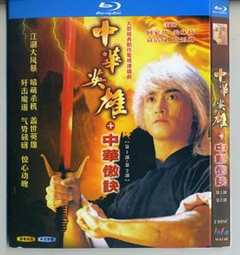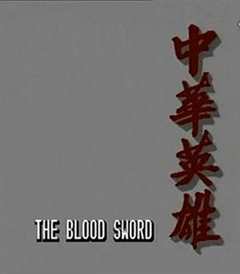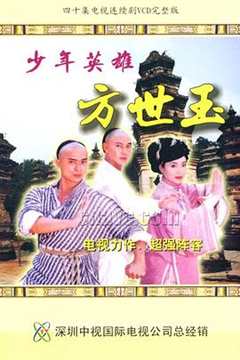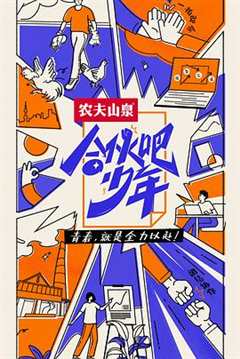(外研版)初中英语七年级下册知识点归纳总结(16)
2023-04-24 来源:飞速影视
eg:He tried to climb the tree. 他试着努力爬那棵树。 ②try doing sth. 指“尝试做……看看,有何结果”,暗示在这之前已试过某种方法但不奏效,另试其他方法。
eg:If no one answers the door, why not try knocking the back door? 如果没人应门,为什么不尝试去敲一下后门。
2. 辨析too much 和 much too
①much too是too的强势语,用法与too相同。
eg:
You are much too kind to me. 你对我实在太好了。
This one is much too big. 这个确实太大了。
②too much是much的强势语,用法与much相似。
eg:
Don’t eat too much. 别吃得太多。
There’s too much water. 水太多了。
三、句型
1. What can I do for you?=Can I help you?
以上两句都是购物时候店主用语,可以翻译为“我能为你做点什么?”或“你想买点什么?”回答时,常用“I’d like …/ I’d like to buy …/ I want to buy …”等句子做答语。
eg:
---What can I do for you?/Can I help you?
--- I want to buy a present for my mum.
2. It takes sb. Some time to do sth. 表示“花费某人多长时间做某事”。
eg:It takes me two hours to finish the work. 我花了两个小时去完成工作。
四、知识拓展
1.感官系动词
感官系动词有look, sound, smell, taste, feel等,当这几个词用作连系动词的时候,它们的意思分别是“看起来”、“听起来”、“闻起来”、“尝起来”、“摸起来”,其后直接加形容词。
eg:
You look tired this evening. 今晚你好像很累。
相关影视

中华英雄之中华傲诀国语版
1991/香港/香港剧
中华英雄国语版
1990/香港/香港剧
花样中年国语版
2003/香港/香港剧
少年英雄方世玉国语版
1999/香港/香港剧
2022年中央广播电视总台中秋晚会
2022/大陆/大陆综艺
结婚七年
2005/大陆/爱情片
DC超级英雄美少女:年度英雄
2016/美国/动画片
合伙吧少年下班干点啥
2022/大陆/大陆综艺
合作伙伴
本站仅为学习交流之用,所有视频和图片均来自互联网收集而来,版权归原创者所有,本网站只提供web页面服务,并不提供资源存储,也不参与录制、上传
若本站收录的节目无意侵犯了贵司版权,请发邮件(我们会在3个工作日内删除侵权内容,谢谢。)
若本站收录的节目无意侵犯了贵司版权,请发邮件(我们会在3个工作日内删除侵权内容,谢谢。)
www.fs94.org-飞速影视 粤ICP备74369512号







